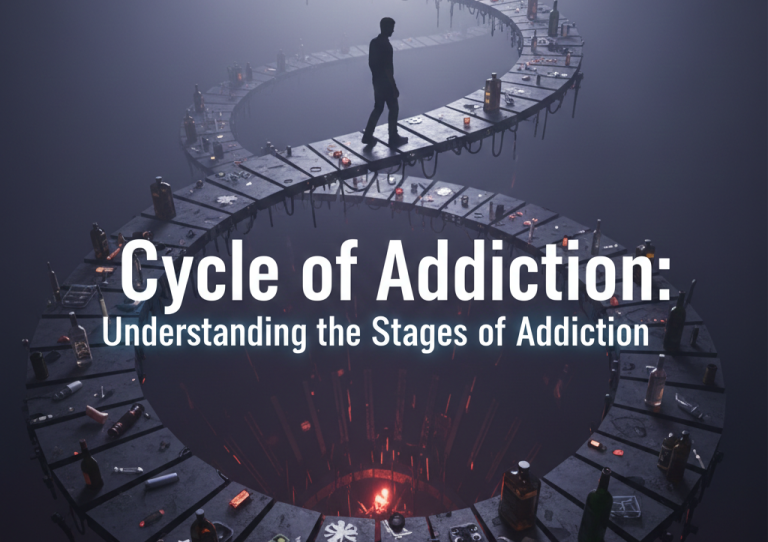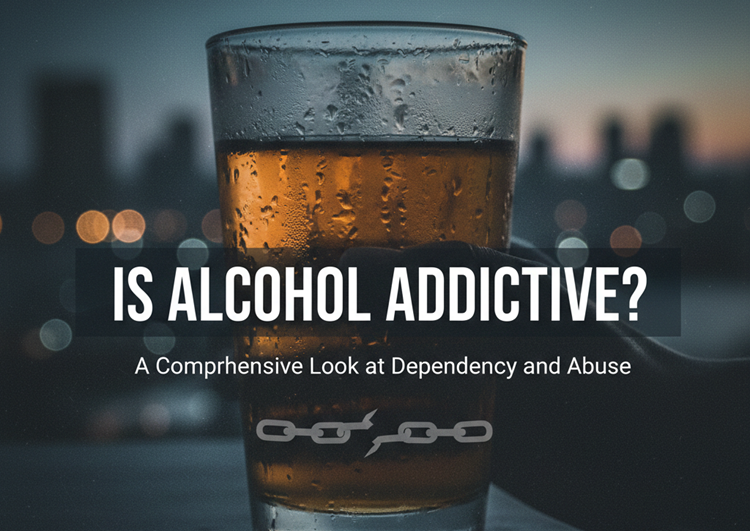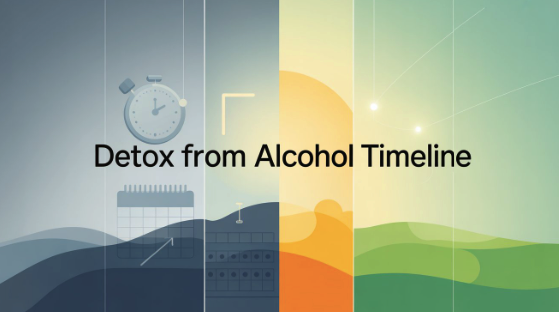The chronic alcohol use disorder AUD comprises a combination of uncontrolled alcohol consumption patterns that fail to respect adverse health outcomes. Millions of people worldwide experience this condition which results in physical, mental and social disabilities. Early intervention and treatment initiatives require identifying the indicators of Alcohol Use Disorder.
What is Alcohol Use Disorder?
Medical experts classify Alcohol Use Disorder as a disease that causes individuals to develop dependency on alcohol which disrupts various aspects of their lives. AUD severity depends on how many symptoms a person displays with the condition ranging from mild to severe.
Early Signs of Alcohol Use Disorder
Proactive AUD detection at its initial stages helps stop long-term harm from developing. Some early warning signs include:
- Increased tolerance to alcohol
- Drinking in secret
- Frequent hangovers and blackouts
- Loss of interest in hobbies and responsibilities
Physical Symptoms of AUD
Short-Term Physical Symptoms
- Slurred speech
- Impaired coordination
- Nausea and vomiting
- Dehydration and headaches
Long-Term Physical Symptoms
- Liver and Kidney damage (cirrhosis, fatty liver disease)
- High blood pressure and heart disease
- Weakened immune system
- Neurological complications (memory loss, cognitive decline)
Psychological Symptoms of AUD
- Mood swings and irritability
- Depression and anxiety
- Paranoia or hallucinations in severe cases
- Poor concentration and memory lapses
Behavioral Symptoms of AUD
Changes in Daily Habits
- Consuming alcohol more than intended
- Spending too much time getting or getting over alcohol
- Ignoring personal and work responsibilities
Social and Relationship Problems
- Family and friend conflict
- Social withdrawal
- Participating in risk-taking behaviors (drunk driving, unsafe sex)

Stages of Alcohol Use Disorder
Mild AUD
- Infrequent binge drinking
- Mild withdrawal
- Some trouble limiting alcohol use
Moderate AUD
- The greater amount of alcohol consumed
- Greater withdrawal
- Compulsive thinking about alcohol
Severe AUD
- Physical alcohol dependence
- Severe withdrawal such as seizures and delirium tremens (DTs)
- The risk of alcohol poisoning and overdose is high
The Impact of Alcohol Use Disorder
On Physical Health
- Increased risk of cancer (liver, mouth, throat, esophagus)
- Weakened liver and kidney function
On Mental Health
- Worsening anxiety and depression
- Higher suicide risk
On Relationships and Society
- Job loss and financial instability
- Legal issues (DUI, public intoxication)
On Physical Health
- Higher risk of cancer (liver, mouth, throat, esophagus)
- Impaired liver and kidney function
On Mental Health
- Aggravated anxiety and depression
- Increased risk for suicide
On Relationships and Society
- Loss of job and financial insecurity
- Legal problems (DUI, being drunk)
When to Seek Help for AUD
When drinking alcohol begins to cause issues in your daily life, create problems with your relationships, or damage your health, it’s crucial to reach out for professional help.
Treatment Options for Alcohol Use Disorder
Medical Detoxification
- Supervised withdrawal management ensures you’re supported every step of the way.
- Medication-assisted treatment (MAT) can help ease the process.
Therapy and Counseling
- Cognitive Behavioral Therapy (CBT) helps reshape your thoughts.
- Motivational Interviewing (MI) encourages personal growth.
- Joining support groups like Alcoholics Anonymous or SMART Recovery can provide the community.
Lifestyle Changes and Coping Strategies
- Regular exercise and a balanced diet boost your well-being.
- Stress management techniques help you navigate challenges.
- Building a strong support network is vital for lasting recovery.

Seeking Help for Addiction in Orlando
You can overcome Alcohol Use Disorder, even though it can feel overwhelming at times. The key to improving your quality of life is to seek medical help early on, right when symptoms start to show. With the right support from healthcare professionals, family, and friends, recovery from Alcohol Use Disorder is absolutely within reach.
There are dedicated professionals ready to help you treat addiction. Treatment facilities create personalized recovery plans that cater to each individual’s unique medical needs.
📞 Don’t hesitate to reach out! Call us today at (321) 415-3213 or visit Orlando Treatment Solutions to discover more about our programs.



























